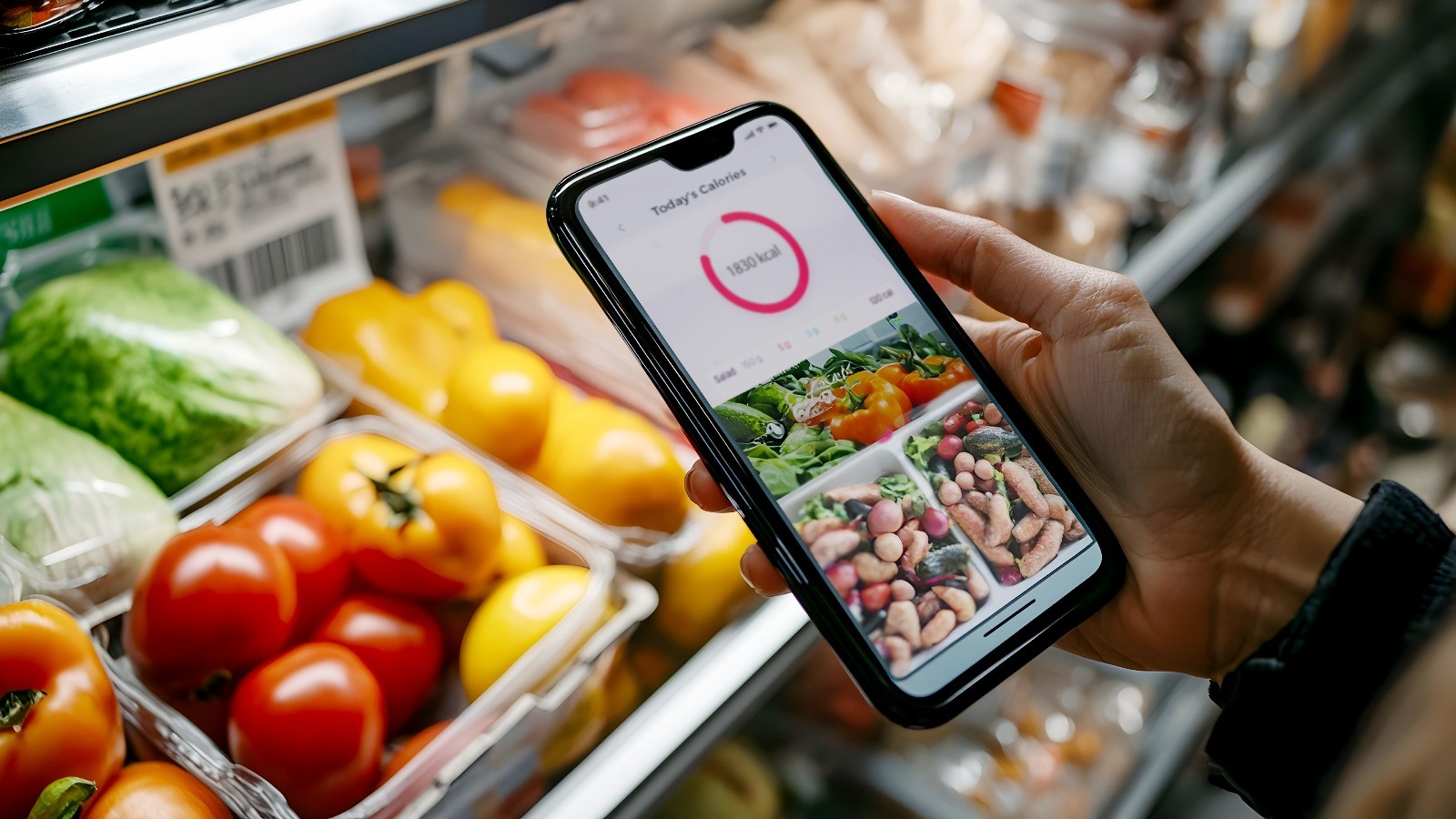This is one of the insights for Dutch consumers, part of the conclusions from Voice of the Consumer, a global PwC study on consumer behavior and preferences, and how food producers and suppliers can respond.
Tech-driven generations: Millennials and Gen Z
In today’s tech-driven society, especially in relation to lifestyle and health, Generation Z and Millennials play a leading role. Wearables, apps, and smart tools are essential in their daily lives, with 74% and 67% respectively using these technologies. They actively track their heart rate, steps, calorie burn, and sleep patterns via apps.
When it comes to GenAI, Gen Z shows the most interest in creating personalised workout and exercise regimes (43%) and personalised diet plans (39%). Their lifestyle and food choices are based on data they collect for themselves.
“For Generation Z, health is definitely not an abstract concept but a data-driven reality,” says Milo Hartendorf, Consumer Markets Industry Leader at PwC.
This younger generation represents the consumers of tomorrow and offers a glimpse into what lies ahead. It is essential to begin responding to their preferences and behaviors regarding health choices now.
Health over budget
Another key insight is that Dutch consumers pursue a healthy lifestyle regardless of income level—even among lower-income groups—and across all generations. Convenience, taste, and reliability are key purchasing factors in supporting that lifestyle. For Gen Z and Millennials, additional considerations include nutritional value, specific dietary requirements, and the use of supplements.
“We’re seeing that consumers are thinking more critically about the impact of their choices—not just on the environment, but also on their physical health. Often, the nutritional value of products is unclear, which leads to uncertainty,” says Vincent le Noble, Partner, Consumer Markets at PwC.
Consumers are a challenge, ecosystems are an opportunity
While consumers use technology to support their health choices, the complexity and lack of personalization can be discouraging, even for those with strong health intentions. Making health more accessible, appealing, and affordable for a wide audience with specific needs cannot be solved by a single party.
Collaboration between companies is necessary to create ecosystems where services come together. This presents clear opportunities for retailers—think personalised recommendations, regional assortment adjustments, and new sales channels. The retail sector as a health coach, supported by technology. This way, food and health are presented in a personalised manner—exactly what consumers are looking for.
An ecosystem is also ideal for serving Gen Z—known as the “on-demand generation.” As mentioned, they rely on technology more than any other generation to manage their health. They are inspired by influencers and social media. But they must be able to trust retailers to provide the right information and tools for a fast and personalized experience. The current offering is still fragmented and confusing. Tech companies, retailers, and brands can respond by creating communities centered around health and lifestyle.
Voice of the Consumer: Dutch generational differences
This report presents the Dutch results of PwC’s global Voice of the Consumer 2025 survey, with a special focus on generational differences. A new generation of Dutch consumers is reshaping the food landscape. They are health-conscious, digitally savvy, and view food as part of a broader lifestyle—one that combines well-being, convenience, technology, and personal values. Health apps and influencer advice play a particularly important role for Gen Z in how they approach health and food.
Download the publication
Voice of the Consumer: learn more about consumer preferences, desires, and behaviors
Contact
Curious how we can help you further? Get in touch with us.
Contact us



Koert Bakker
Senior Manager, Insights and Innovation, PwC Netherlands
Tel: +31 (0)63 927 77 01
















